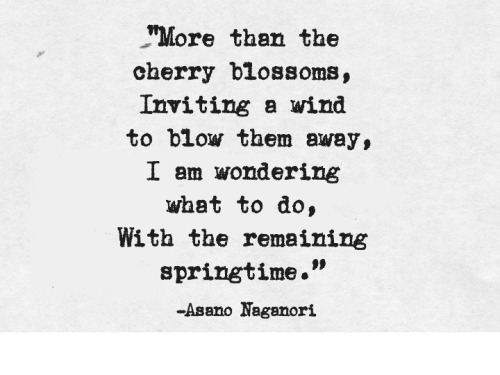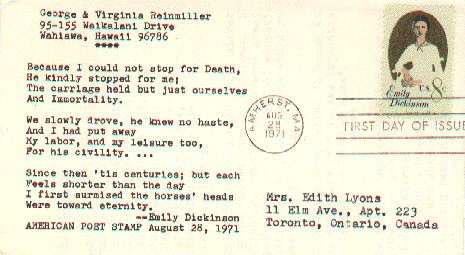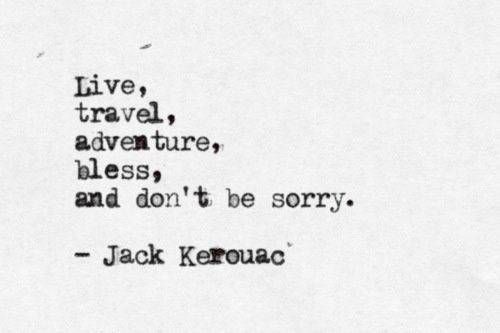With me, I look at monkeys in a different manner. Albeit cautiously, as if I am unsure what to make of them. The confusion stems partly from the gap between the portrayal of these creatures in pop culture media, the reality and the inconsistencies therein.
My first encounter with a monkey was through literature. The fable, Si Pagong at Si Matsing (The Turtle and the Monkey) seemed like a required reading assignment for preschool students back in my distant past. I'm pretty sure though that the fable I read back then was a much simpler version of the one shown in the blog linked above.
Be that so, it doesn't change the fact that the monkey was portrayed as a shrewd creature. It didn't help that the monkey in the fable became the unwitting antagonist. This set the tone for my dislike for monkeys. I felt an unrelenting disdain for the monkey who ate all the bananas which the turtle grew for himself.
Apparently, I took the fable a little too seriously because I would always relate bullies who took advantage of other's weaknesses to the monkey in these fable. I took it upon myself to call all bullies as "bakulaw" (ape). I still have mental images of who among my elementary classmates are including in my list of bakulaws.
This image of monkeys that I hold would then be split into two persona when another encounter occurred. My second encounter would then involve a TV show made for kids, Batibot. I am quite sure that a lot of Filipino kids who grew up without a cable TV have seen this show at one point of their lives. To read more on the experience of kids who grew up watching Batibot, read this blog.
Here's where things get muddled up. The monkey in the Batibot is named Kiko Matsing. Here's his picture below. Admittedly, Kiko Matsing is all cute and cuddly. In the TV show, he was also portrayed as friendly and inquisitive. This image is far removed from my first encounter.
Kiko Matsing, together with the other muppets from Batibot like Pong Pagong, Ate Sienna, Manang Bola conveyed to me a very positive outlook on things. Their community of muppets embodied Filipino values that made them endearing and easy to relate to.
Interestingly, I am not alone in my observation regarding the difference in these portrayals. A blog written by Alfie Vera Mella pointed this out as well. To quote his work:
Kiko Matsing. This monkey muppet was one of the popular characters of Batibot. In some classic fables, the monkey was usually depicted as tricky, devious, and untrustworthy; Batibot’s Kiko Matsing, however, was made to portray positive traits like gregariousness and sociability, inquisitiveness or intellectual curiosity, and confidence and assertiveness. “Daig ng bibo ang mahiyain. Mas mabuting maging pala-tanong kaysa madalas walang kibo. Mas madaling makilala ang batang taas-noo kaysa batang palaging nakayuko.”
You can read more about his article by clicking here. Indeed, the sneaky image of the monkey is lost in the character of Kiko Matsing as the show in which the muppet was shown was meant to teach Filipino kids positive values.
These split images of monkeys is exactly the trouble I am having whenever I encounter the three wise monkeys; Mizaru, Kikazaru and Iwazaru. Who doesn't know about the three wise monkeys?
These three monkeys embodied the phrase "Hear no evil, speak no evil, see no evil." As such, any images or artwork depicting these monkeys are called pictorial maxims. While the monkeys are the subject of many modern artworks, its origin dates back to the 8th Century in China during the Nara period. History has it that Tendai-Buddhists brought these philosophy and the monkeys to Japan. Hidari Jingoro would then carve the monkeys on a wall over a door in the Tosho-gu Shrine in Nikko, Japan and the pictorial maxim would then inspire many artworks in the future.
The interpretation of this pictorial maxim is also a source of confusion on my part. While "see no evil, hear no evil and speak no evil" was considered the Golden Rule in Japan. Buddhists interpret it as a tenet which dissuades people from dwelling on evil thoughts. Good speech, mind and action are thought to be embodied in three monkeys. Supposedly, if you shut off your senses from sources of evil - that is if you didn't hear any evil nor see it and speak it - then you won't do no evil.
Dutch traders who traded with the Japanese were the firsts to carry this pictorial maxim with them. However, Western thoughts interpret this differently. This is where my dilemma arises. I struggle when confronted with another interpretation wherein "see no evil , hear no evil, speak no evil" meant turning a blind eye for impropriety. This, of course, is contentious specially for journalists and concerned citizens. If you were tasked to report the evils of the world to prompt action, how would you feign ignorance? Ignoring the evils of the world would be the last thing one would do if you were a journalist.
Sometimes, I continue to struggle with this pictorial maxim involving Mizaru, Kikazaru and Iwazaru. I certainly agree that it is prudent to avoid all sources of evil. But I always arrive at the thought that avoiding them will not make them cease to exist. Then I would ask, were the monkeys really wise for playing dumb? Or are they dumb because they pretend bad things don't happen when they actually do happen?
How do I relate all these to HIV?
Sometimes HIV, being a sexually transmitted diseases, connotes with evil or negative things. Of course we now know that things are not simply black or white, evil or good, positive or negative. But the stigma attached to HIV remains. And often times, we refuse to see the problems associated with HIV that sometimes we fail to act on them.
If you ignore the threats of HIV and continue practicing risky sexual behaviors, then you are turning to be a fool for "hearing no HIV, speaking no HIV and seeing no HIV".
If you are a parent and you refuse to acknowledge the needs of your son or daughter who is HIV+, then what good is it that you were born with the faculties to reach out and act. If you don't want to listen to your son or daughter's struggles with HIV, or if don't want to see your son or daughter because you're too proud to be related to anyone with HIV, or if you don't want to speak comforting words to someone struggling with HIV...then all the goodness in the world is lost in all the kind words that were not spoken, bonds that were broken when you stopped listening and seeing the goodness of person with HIV.
When we fail to acknowledge the existence of HIV, then we fail to act on it. That's the message of Mizaru, Kikazaru and Iwazaru.
Ultimately, it is your humanity that is lost and not just your hearing, seeing or speaking.
References
Pinoy Teacher
Batibot Babies
Kiko Matsing
Three Wise Monkeys, Wikipedia
Tales of the Iron Goat.
Zentraveler
The interpretation of this pictorial maxim is also a source of confusion on my part. While "see no evil, hear no evil and speak no evil" was considered the Golden Rule in Japan. Buddhists interpret it as a tenet which dissuades people from dwelling on evil thoughts. Good speech, mind and action are thought to be embodied in three monkeys. Supposedly, if you shut off your senses from sources of evil - that is if you didn't hear any evil nor see it and speak it - then you won't do no evil.
Dutch traders who traded with the Japanese were the firsts to carry this pictorial maxim with them. However, Western thoughts interpret this differently. This is where my dilemma arises. I struggle when confronted with another interpretation wherein "see no evil , hear no evil, speak no evil" meant turning a blind eye for impropriety. This, of course, is contentious specially for journalists and concerned citizens. If you were tasked to report the evils of the world to prompt action, how would you feign ignorance? Ignoring the evils of the world would be the last thing one would do if you were a journalist.
Sometimes, I continue to struggle with this pictorial maxim involving Mizaru, Kikazaru and Iwazaru. I certainly agree that it is prudent to avoid all sources of evil. But I always arrive at the thought that avoiding them will not make them cease to exist. Then I would ask, were the monkeys really wise for playing dumb? Or are they dumb because they pretend bad things don't happen when they actually do happen?
How do I relate all these to HIV?
Sometimes HIV, being a sexually transmitted diseases, connotes with evil or negative things. Of course we now know that things are not simply black or white, evil or good, positive or negative. But the stigma attached to HIV remains. And often times, we refuse to see the problems associated with HIV that sometimes we fail to act on them.
If you ignore the threats of HIV and continue practicing risky sexual behaviors, then you are turning to be a fool for "hearing no HIV, speaking no HIV and seeing no HIV".
If you are a parent and you refuse to acknowledge the needs of your son or daughter who is HIV+, then what good is it that you were born with the faculties to reach out and act. If you don't want to listen to your son or daughter's struggles with HIV, or if don't want to see your son or daughter because you're too proud to be related to anyone with HIV, or if you don't want to speak comforting words to someone struggling with HIV...then all the goodness in the world is lost in all the kind words that were not spoken, bonds that were broken when you stopped listening and seeing the goodness of person with HIV.
When we fail to acknowledge the existence of HIV, then we fail to act on it. That's the message of Mizaru, Kikazaru and Iwazaru.
Ultimately, it is your humanity that is lost and not just your hearing, seeing or speaking.
References
Pinoy Teacher
Batibot Babies
Kiko Matsing
Three Wise Monkeys, Wikipedia
Tales of the Iron Goat.
Zentraveler



















